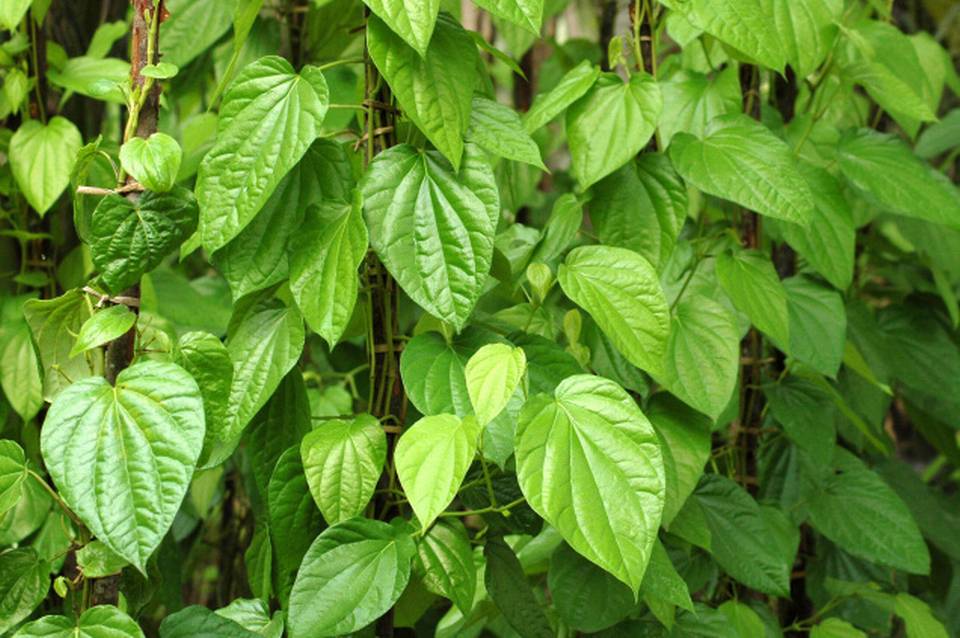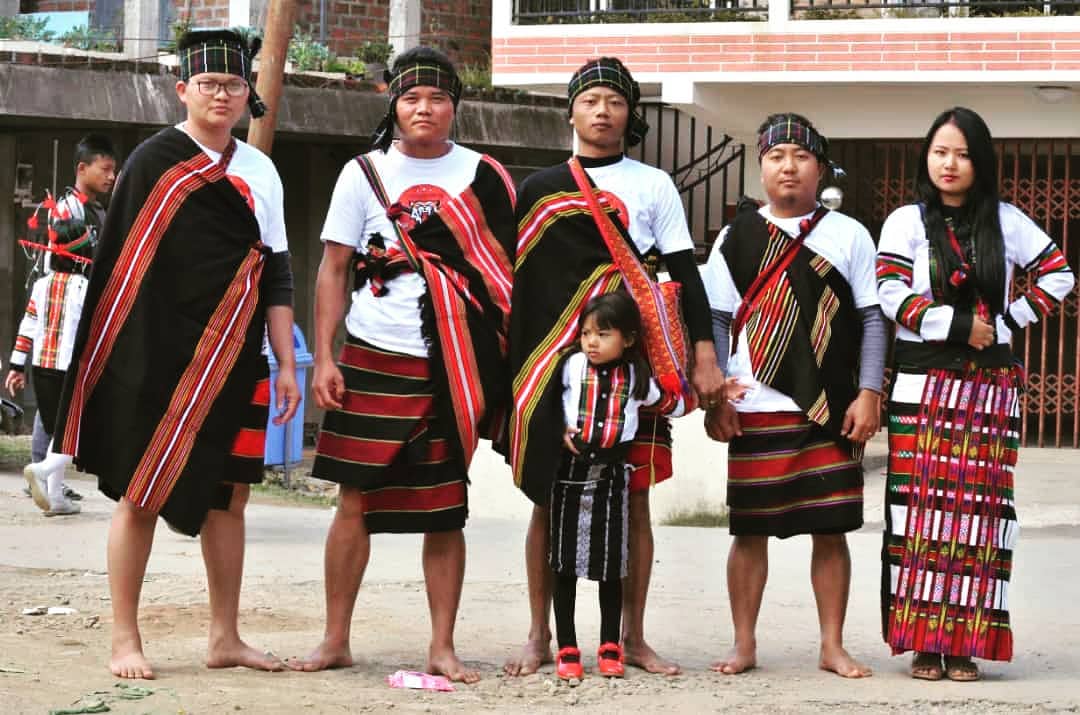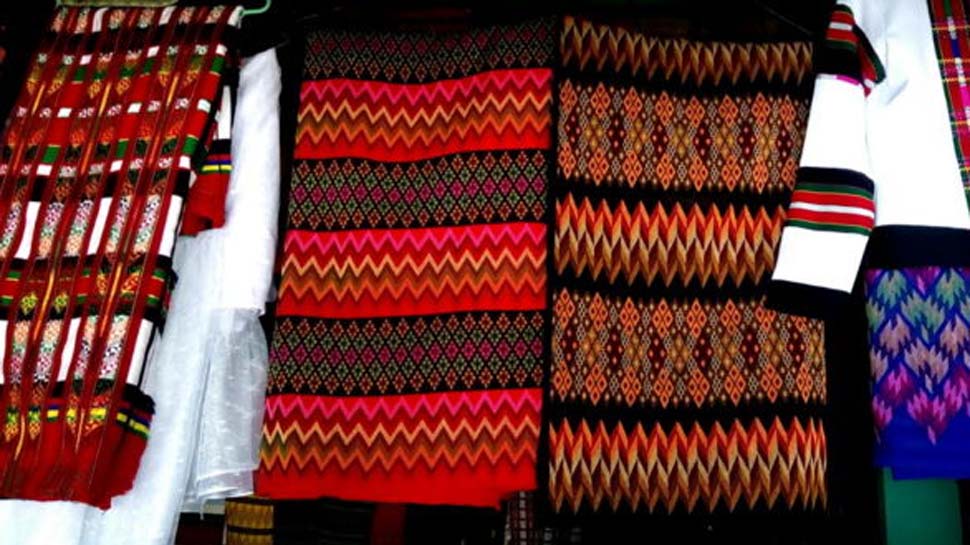7667766266
enquiry@shankarias.in
No First Use Nuclear Doctrine (NFU)
Geographical Indication Tag (GI)



KONKAN bilateral exercise
INS Tarkash
Source: PIB, The Indian Express